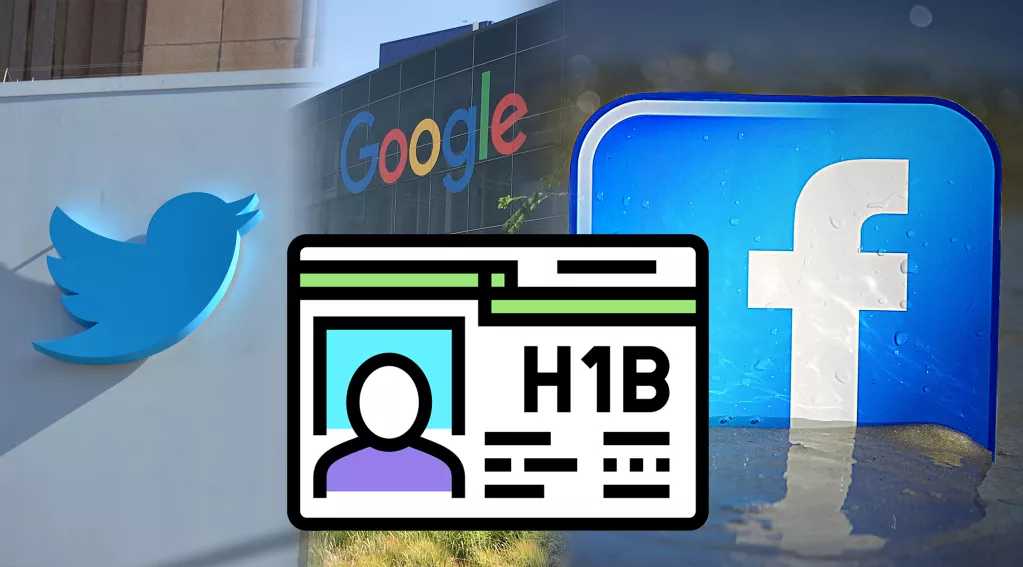H-1B Visa Lottery Draws a Crowd For All the Wrong Reasons

Amid waves of layoffs at Facebook, Google, and Twitter, the H-1B visa lottery is bigger than ever.
Bloomberg reports that since the government streamlined online registration for tech visas in 2020, submissions have routinely blown past the annual cap of 85,000. Registrations jumped from 274,000 to more than 483,000 last year, with even more expected this month.
What’s really going on here?
Interest has been goosed not so much by actual workplace demand as by an exceedingly low barrier to enter the visa lottery. It costs participants just $10 to play, and full petitions are not required by U.S. Citizenship and Immigration Services (USCIS).
“Because [USCIS] made it easier, you’re seeing an over-exaggerated demand, mostly from Indian outsourcing companies that provide lower-cost labor,” Roger Ross, a policy adviser for U.S. Tech Workers, told FAIR in a phone interview this week.
Prior to the online registration program, prospective employers had to submit bulging folders of completed paperwork and evidence of a foreign worker’s specialized knowledge in order to get a crack at an H-1B visa.
“Now it’s as simple as buying a lottery ticket. So sponsors submit as many as possible, in some cases two or three [jobs] per worker,” Ross says.
Ultimately, lottery winners must furnish complete applications to the Department of Labor for review. But Ross calls that a “rubberstamp operation.” “DOL isn’t checking wages. No proof is needed to show that a sponsor actually looked for an American worker to fill the job.”
Lowering the bar to entry and inflating the numbers gives the public the mistaken impression that this country’s tech economy cannot run without the importation of ever more foreign workers.
In fact, the H-1B lottery as currently constituted is a corrupt program dominated by Indian “body shops” that prey on desperate foreign workers looking for a light at the end of the tunnel: a green card. A bustling industry of lawyers and lobbyists advertises ways to improve players’ “chances of success.”
None of this is good, and demonstrates that though the H-1B program may have been intended as a supplement to the native workforce, it has been turned into a program that displaces U.S. workers by peddling visas on the cheap.
Any doubts can be put to rest by Facebook’s refusal to recruit or hire Americans for jobs it set aside for temporary visa holders. Caught in the act, the tech company agreed to pay $14.25 million in fines and compensation, the largest civil penalty the Department of Justice’s civil rights division says it has recovered.
While the Facebook case was brought by the Trump administration, new investigations and prosecutions of such violations may be few and far between. Under Biden & Co., H-1B denial rates have plummeted, “providing much-needed relief for American businesses, particularly those in the tech sector,” the National Law Review enthused this month.

